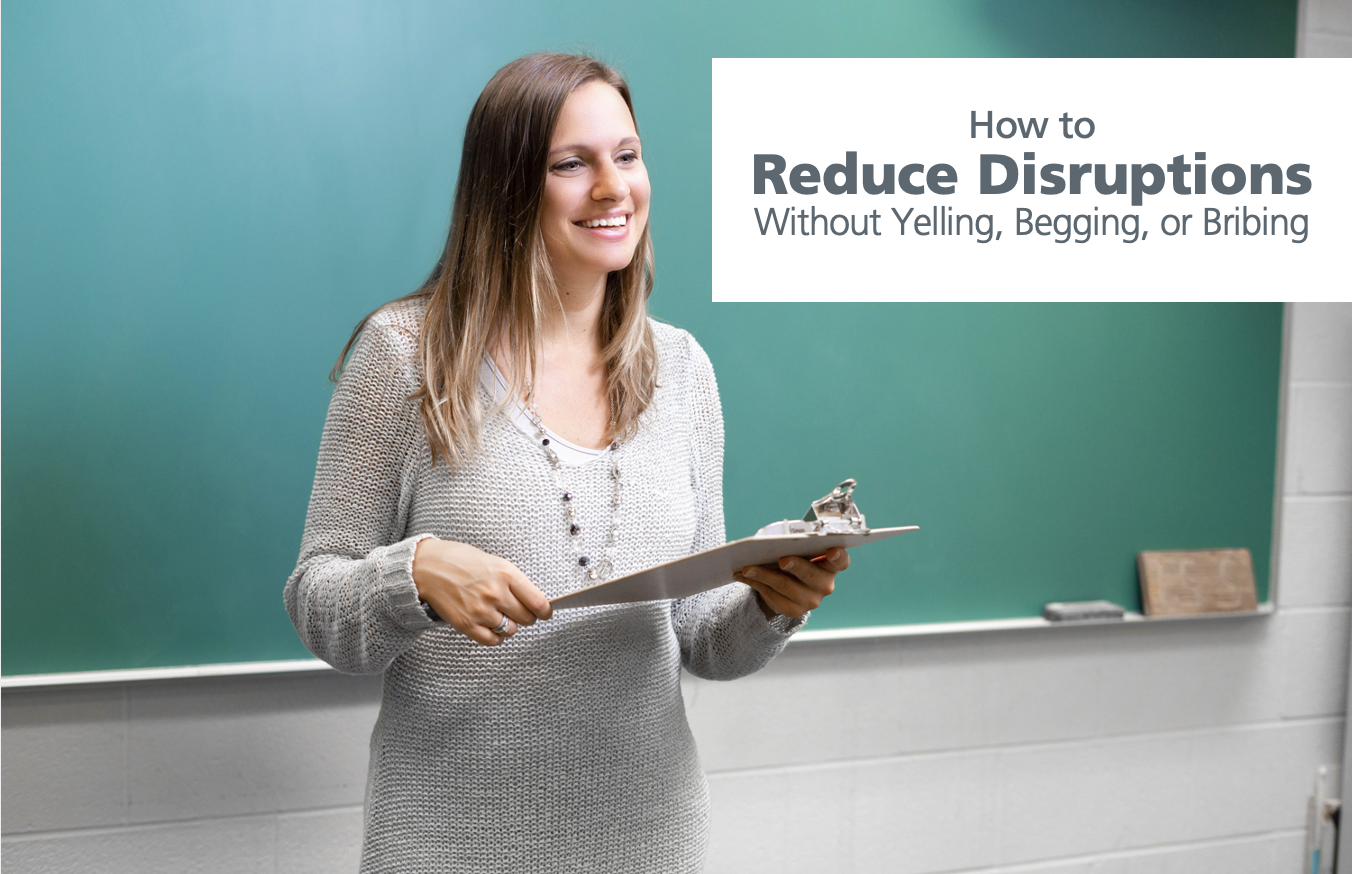
Some classes are extra tough. If you're dealing with a difficult class, listen to discover 9 strategies to reach even these challenging students - and keep yourself sane in the process.
listen here:
The 9 Strategies for difficult students
Let's face it- we've all had a difficult class at one point in our teaching career. Whether it's the particular combination of students, the time of day the class happens, or just a number of challenging behaviors in the same classroom, you will find help here.
Here's a summary of our conversation about difficult students with Sarah Humes and Jen Fry, as well as time stamps so you can jump to what you're most interested in. You can also listen to the full episode above for more details and examples.
- Praying (02:46)- Praying with a fellow teacher or coworker helps you to feel less alone and empowers you to come into the classroom “with your armor on.” Make the change from complaining to praying because it actually helps you have more love for your students. You can’t pray for someone you don’t have love in your heart for.
- Accepting delayed gratification (04:36)- You may not see the results of the effort you’re pouring into your students right away. Accept that you may experience delayed gratification.
- Getting into the Word of God (06:12)- Build a habit of getting into God’s Word on a daily basis.
- Using the 2 x 10 Rule (07:38)- Spend two minutes every day for 10 days connecting with your most difficult students over something that’s not school-related. Whether it be Mexican food, music, or basketball, find something that interests them.
- Collaborating with co-workers (12:22)- Check in with specials teachers, other subject teachers, previous teachers, the school counselor, and/or administrators to find out what strategies are working well with the student in other settings.
- Focusing on the positive (15:41)- Contact the parents with any positive feedback whenever you can, so the focus isn’t only on the negative.
- Using honest check-ins (16:44)- You can ask your students, “What’s going on?” if they seem to be struggling more than usual. Ask them to think about this question- “How much of this is my teaching and how much of this is how you’re responding to my teaching?” This can encourage students to take responsibility for their actions, but it also make us better teachers from their feedback.
- Being open to God’s leanings (21:56)- Ask God to give you creative insights into your teaching and your difficult students. Be open to changing the lesson plan as He nudges you.
- Not taking it personally (26:06)- We need to separate ourselves from the way our students behave. Difficult students do not make you a bad teacher.
Want more practical Help guiding your class?
Check out our free class: How to Reduce Disruptions without Yelling, Begging, or Bribing.
resources mentioned:
spread the word!
Did you find this post helpful? Clue in your fellow teachers by sharing the post directly (just copy the URL) or by clicking one of the buttons to automatically share on social media.

This article may contain affiliate links. This means that if you purchase a resource after clicking the link, Teach 4 the Heart may receive a small commission at no extra cost to you. Thanks for helping support Teach 4 the Heart in this way.


I know that we must every resource possible. I try to focus on my lesson plan. I come short at times demanding completing the lesson, rather than comprehension. If that student do not understand the information ; it can be frustrating . What works for me is knowing when to time myself out and listen .
Thank you for your post. As an elementary music teacher, I was especially intrigued at your mention of specials teachers as a good resource for consultation for classroom teachers while discussing specific challenging students. In my role, I have the unique opportunity to build relationships in and out of the classroom with each student over the course of seven years. Additionally, I feel that music, art, and physical education can and should be included in management strategies to create an effective learning environment.
Thanks for chiming in!!